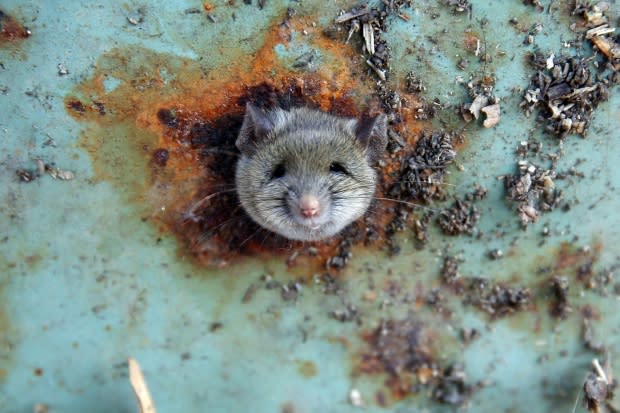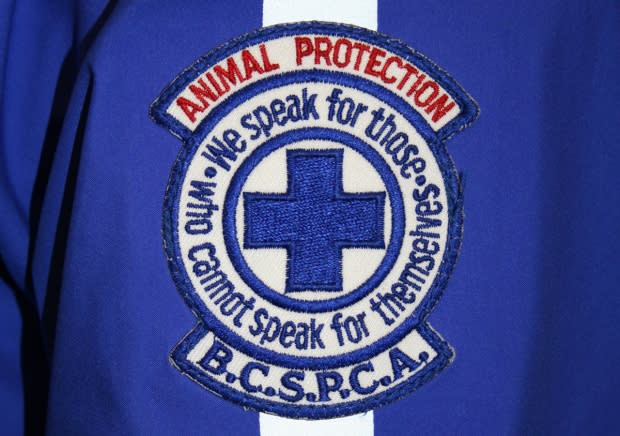Got rats? SPCA says deal with them humanely, use next generation rat trap
It's a frightful reality. Metro Vancouver is teeming with rats. And when the region has a rat problem, so do its residents.
Dealing with rats in your home is not for the faint of heart. The thought of them eating through your attic insulation and gnawing on your wiring isn't pretty either.
But they aren't going away on their own, so the B.C. SPCA cautions, when taking matters into your own hands, be humane about it.
The association has produced a standards and practices guideline for humane pest control that starts with prevention — making sure holes are closed around the perimeter of your home, and that the property is clear of garbage and rubbish.
"It can be difficult if your neighbors don't do the same thing, for sure," said Nicole Fenwick, the manager of research and standards with the B.C. SPCA.
"In cases where you do have animals already living there … you do need to do something about it," she said. "It's a health and safety hazard for people."

The agency suggests using tried-and-true snap traps that kill instantly and a new product on the market called a bolt trap.
The cylinder trap has a CO2 cartridge and pressurized bolts at the tip. The rat sniffs the bait, crawls into the cylinder, the CO2 triggers the bolt, that hits the rat in the head and kills it instantly.
Designed to protect other wildlife
The device is non-toxic and non-poisonous, and was specifically designed to protect birds and other wildlife that all too often die after eating other animals poisoned with rodenticide.
"Eagles, coyotes and so forth, whichever other animals eat the body or kill those affected rodents, they too will get anticoagulant building up in them and it will slowly poison them. said Fenwick."

The Wildlife Rescue Association of B.C. wants people to bring in any sick animals they come across or call them for a pick up.
Janelle Stephenson, the wildlife hospital manager with the association, says a poisoned animal will present as weak, and not moving or responding well.
"Get them into us as soon as possible, because the sooner we can get ahold of the animal, the better chances they have for survival," she said.
Incredibly, Stephenson says, people with an infestation will sometimes spread rat poison in alleyways and in their backyards in an effort to eliminate the problem.
Her message: "Think twice. Poison kills."
Both Fenwick and Stephenson suggests hiring an accredited pest control company that will follow the proper standards for removal, if a rat infestation is something you simply can't deal with.

